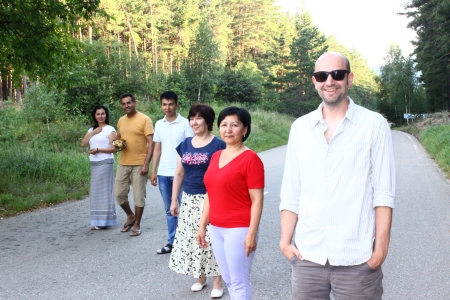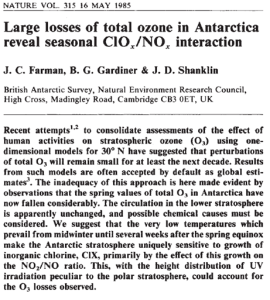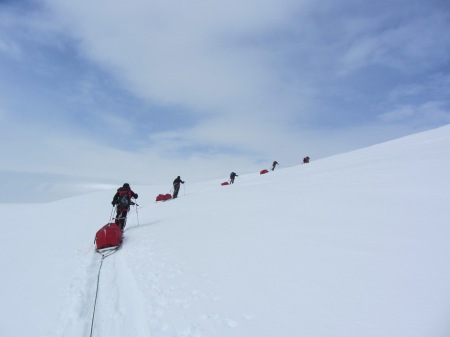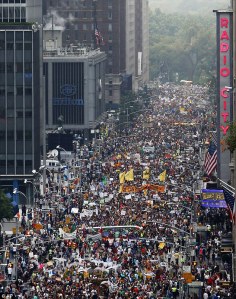There’s some press today about the recommendation for the declaration of a new epoch – the Anthropocene – by the International Geological Congress. The basic argument is that humans have changed the Earth system to such an extent that it is identifiable in the geological record. The evidence presented ranges from the impacts of nuclear test and global warming to the proliferation of plastic pollution and chicken bones.
Whilst the definition being accepted would change nothing physically about the Earth system, I think that it would be a powerful statement about our ability to make long-lasting changes to our environment.
Indeed, this was the reason for including the term “Anthropocene” in 2nd Year title of our new BSc Environmental Sciences. Even if the new epoch is not accepted then the examination of the evidence by our students will give them experience of critically analysing scientific findings and thinking about the implications for science and society.
Of course the real problem is to work out how to solve the environmental problems caused by humans that led to the Anthropocene. We’ve left that to the 3rd Year of the degree…






